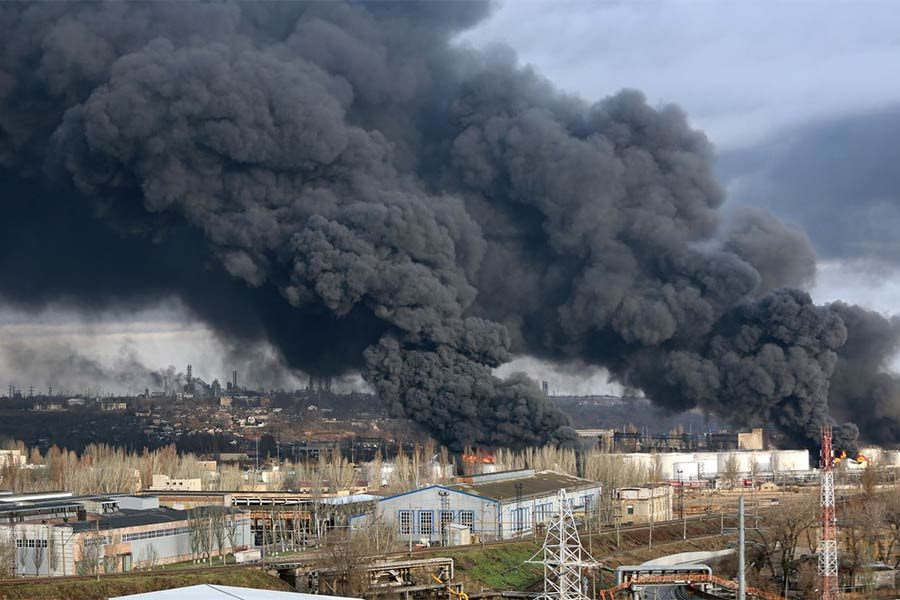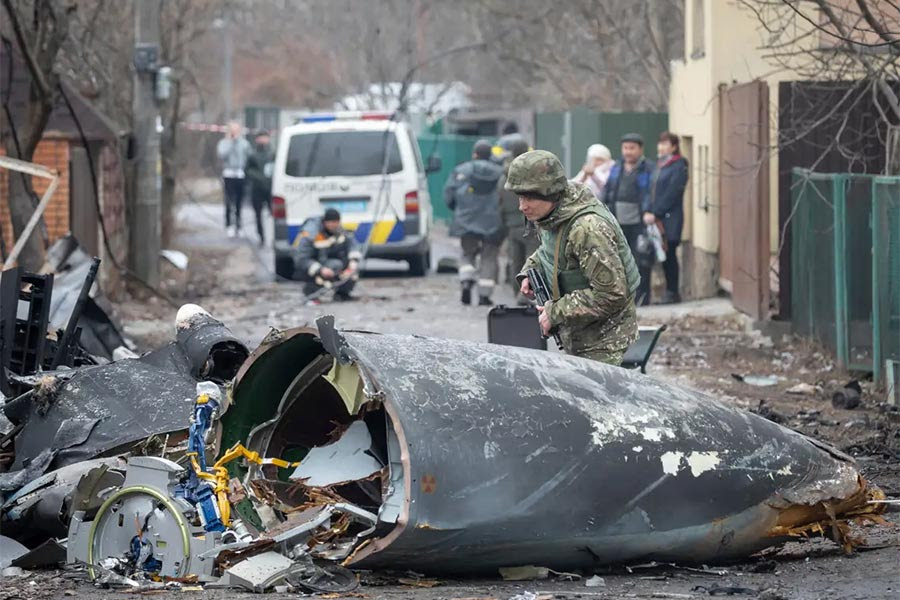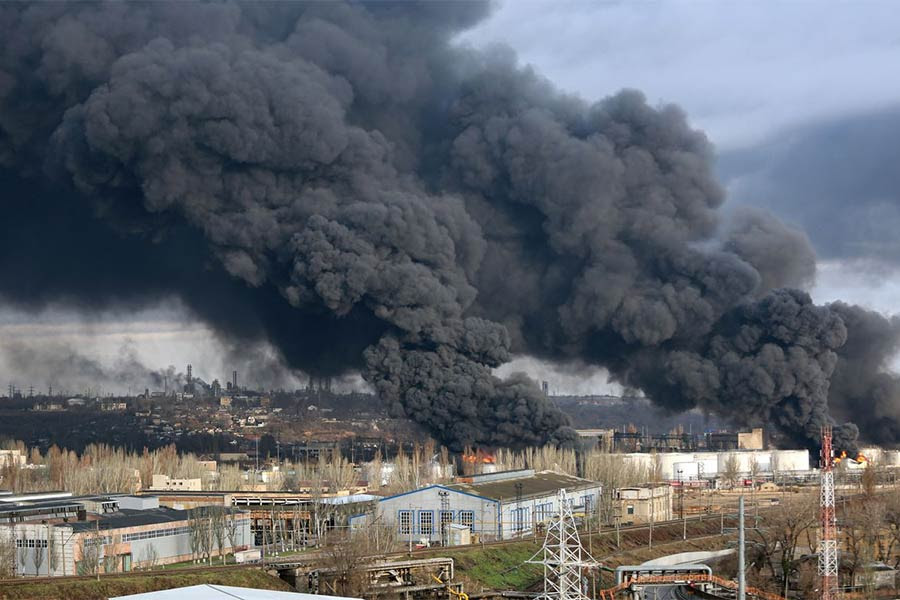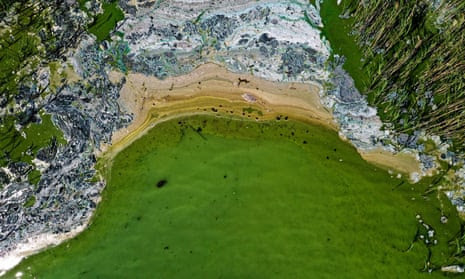
Exactly two years ago, Russia invaded Ukraine. This conflict has already killed tens of thousands of people, displaced millions more, and caused extensive environmental damage. A preliminary study of the conflict in Ukraine undertaken by the United Nations Environment Program (UNEP) and its partners since the war began suggests a toxic legacy for generations to come.
Thousands of possible incidents, including cases of air, water and soil pollution and ecosystem degradation, including risks to neighbouring countries, have already been identified.
Since the early 2000s, UNEP, “the environmental authority of the United Nations system,” has conducted multiple conflict-related impact assessments, including in Afghanistan, Colombia, DR Congo, Kosovo and the Western Balkans, Iraq, Lebanon, the Occupied Palestinian Territories, Somalia, and South Sudan.
UNEP conducted a first scoping visit to Ukraine in 2023, in support of the UN Resident Coordinator and at the request of the Ukrainian authorities, and is mobilizing more support to help assess the wide range of environmental impacts.

“The initial mapping and review of environmental risks only confirm that the war is toxic,” said UNEP Executive Director Inger Andersen. “The priority is for this senseless destruction to end now. The environment is about people: it’s about livelihoods, public health, clean air and water, and basic food systems. It’s about a secure future for Ukrainians and their neighbours, and it’s about not causing further damage.”
“Ukraine will then need enormous international support to assess, mitigate, and repair the damage throughout the country, and mitigate the risks to the wider region,” she added.
“Millions of displaced Ukrainians need a safe and healthy environment to return to if they are to resume their lives. As soon as the fighting ends, and it must end soon, a massive clean-up operation must be supported,” said Ms. Lubrani, UN Resident Coordinator in Ukraine.

According to data from UNEP and its partners, the conflict has caused damage in many parts of the country, with incidents at nuclear power plants and facilities, energy infrastructure including oil tankers, oil refineries, drilling platforms, gas facilities and distribution pipelines, mines and industrial and agro-industrial sites.
This results in multiple incidents of air pollution and potentially serious contamination of ground and surface water.
Water distribution, particularly with pumping stations, water treatment plants and sewage facilities, also suffered significant damage, and many industrial facilities, warehouses and factories were damaged, some storing a range of hazardous substances from solvents to ammonia and plastics.
War is of course about shells and guns releasing hazardous substances through explosions in agro-industrial storage facilities, especially fertilizer and nitric acid plants.
In addition, pollution from the intensive use of weapons, including in populated areas, and large volumes of military waste, including destroyed military vehicles, pose a major clean-up challenge.




